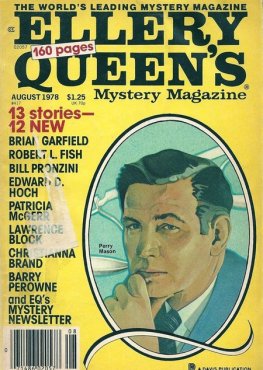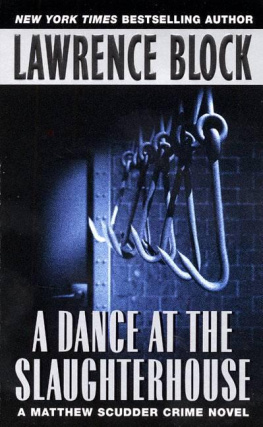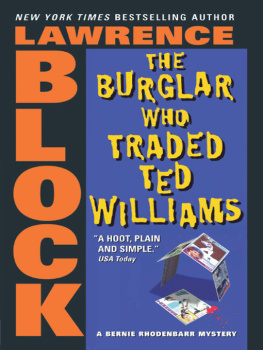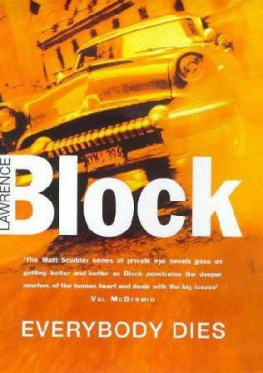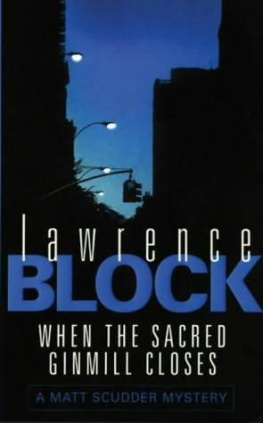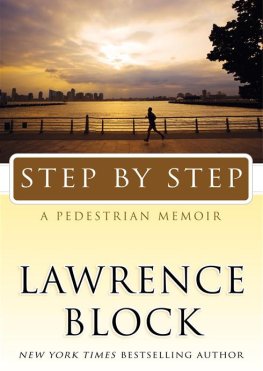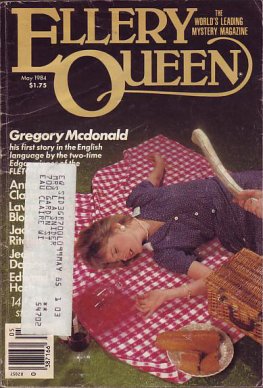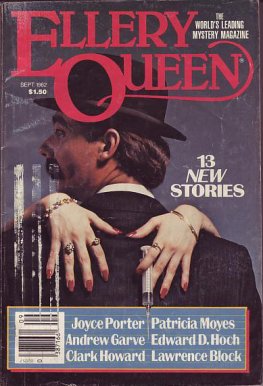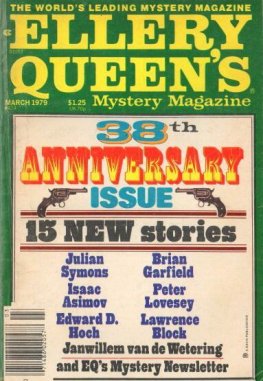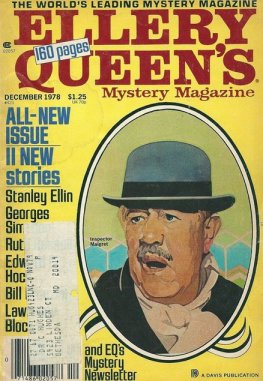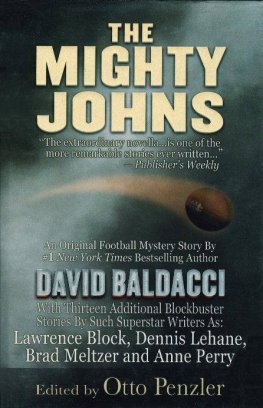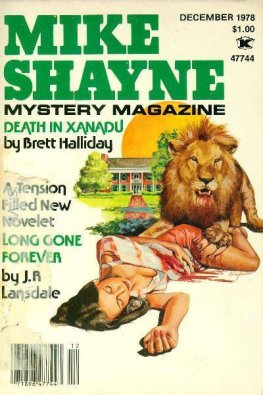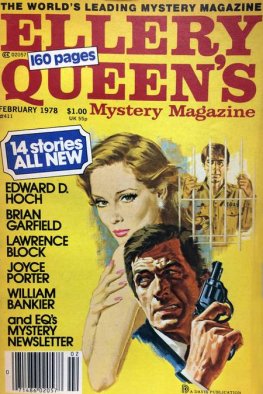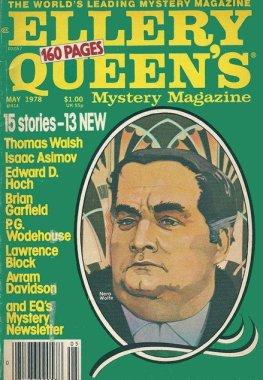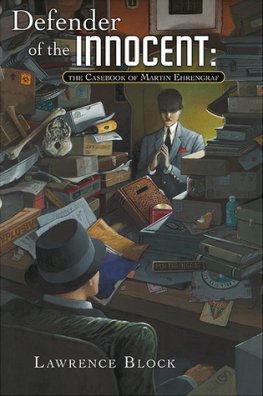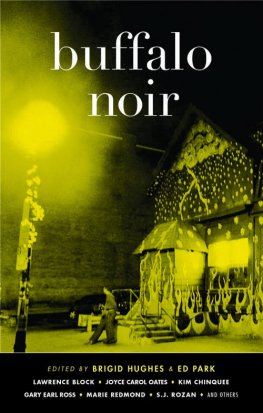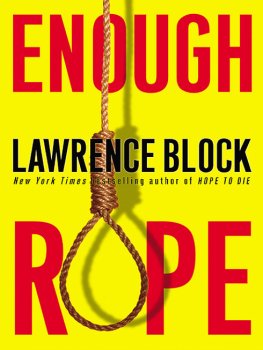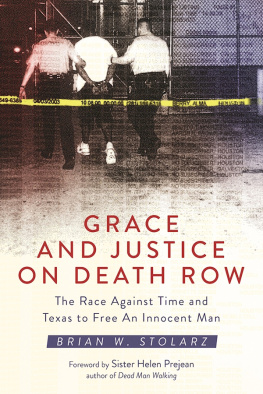Lawrence Block
The Ehrengraf Experience
Innocence, said Martin Ehrengraf. Theres the problem in a nutshell.
Innocence is a problem?
The little lawyer glanced around the prison cell, then turned to regard his client. Precisely, he said. If you werent innocent you wouldnt be here.
Oh, really? Grantham Beale smiled, and while it was worthy of inclusion in a toothpaste commercial, it was the first smile hed managed since his conviction on first-degree murder charges just two weeks and four days earlier. Then youre saying that innocent men go to prison while guilty men walk free. Is that what youre saying?
It happens that way more than you might care to believe, Ehrengraf said softly. But no, it is not what I am saying.
Oh?
I am not contrasting innocence and guilt, Mr. Beale. I know you are innocent of murder. That is almost beside the point. All clients of Martin Ehrengraf are innocent of the crimes with which they are charged, and this innocence always emerges in due course. Indeed, this is more than a presumption on my part. It is the manner in which I make my living. I set high fees, Mr. Beale, but I collect them only when my innocent clients emerge with their innocence a matter of public record. If my client goes to prison I collect nothing whatsoever, not even whatever expenses I incur on his behalf. So my clients are always innocent, Mr. Beale, just as you are innocent, in the sense that they are not guilty.
Then why is my innocence a problem?
Ah, your innocence. Martin Ehrengraf smoothed the ends of his neatly trimmed mustache. His thin lips drew back in a smile, but the smile did not reach his deeply set dark eyes. He was, Grantham Beale noted, a superbly well-dressed little man, almost a dandy. He wore a Dartmouth green blazer with pearl buttons over a cream shirt with a tab collar. His slacks were flannel, modishly cuffed and pleated and the identical color of the shirt. His silk tie was a darker green than his jacket and sported a design in silver and bronze thread below the knot, a lion battling a unicorn. His cuff links matched his pearl blazer buttons. On his aristocratically small feet he wore highly polished seamless cordovan loafers, unadorned with tassels or braid, quite simple and quite elegant. Almost a dandy, Beale thought, but from what hed heard the man had the skills to carry it off. He wasnt all front. He was said to get results.
Your innocence, Ehrengraf said again. Your innocence is not merely the innocence that is the opposite of guilt. It is the innocence that is the opposite of experience. Do you know Blake, Mr. Beale?
Blake?
William Blake, the poet. You wouldnt know him personally, of course. Hes been dead for over a century. He wrote two books of poems early in his career, Songs of Innocence and Songs of Experience. Each poem in the one book had a counterpart in the other. Tyger, tyger, burning bright, In the forests of the night, What immortal hand or eye, Could frame thy fearful symmetry? Perhaps that poem is familiar to you, Mr. Beale.
I think I studied it in school.
Its not unlikely. Well, you dont need a poetry lesson from me, sir, not in these depressing surroundings. Let me move a little more directly to the point. Innocence versus experience, Mr. Beale. You found yourself accused of a murder, sir, and you knew only that you had not committed it. And, being innocent not only of the murder itself but in Blakes sense of the word, you simply engaged a competent attorney and assumed matters would work themselves out in short order. We live in an enlightened democracy, Mr. Beale, and we grow up knowing that courts exist to free the innocent and the guilty, that no one gets away with murder.
And thats all nonsense, eh? Grantham Beale smiled his second smile since hearing the jurys verdict. If nothing else, he thought, the spiffy little lawyer improved a mans spirits.
I wouldnt call it nonsense, Ehrengraf said. But after all is said and done, youre in prison and the real murderer is not.
Walker Murchison.
I beg your pardon?
The real murderer, said. Im in prison and Walker Gladstone Murchison is free.
Precisely. Because it is not enough to be guiltless, Mr. Beale. One must also be able to convince a jury of ones guiltlessness. In short, had you been less innocent and more experienced, you could have taken steps early on to assure you would not find yourself in your present condition right now.
And what could I have done?
What you have done, at long last, said Martin Ehrengraf. You could have called me immediately.
Albert Speldron, Ehrengraf said. The murder victim, shot three times in the heart at close range. The murder weapon was an unregistered handgun, a thirty-eight-caliber revolver. It was subsequently located in the spare tire well of your automobile.
It wasnt my gun. I never saw it in my life until the police showed it to me.
Of course you didnt, Ehrengraf said soothingly. To continue. Albert Speldron was a loan shark. Not, however, the sort of gruff-voiced thug who lends ten or twenty dollars at a time to longshoremen and factory hands and breaks their legs with a baseball bat if theyre late paying the vig.
Paying the what?
Ah, sweet innocence, Ehrengraf said. The vig. Short for vigorish. Its a term used by the criminal element to describe the ongoing interest payments which a debtor must make to maintain his status.
I never heard the term, Beale said, but I paid it well enough. I paid Speldron a thousand dollars a week and that didnt touch the principal.
And you had borrowed how much?
Fifty thousand dollars.
The jury apparently considered that a satisfactory motive for murder.
Well, thats crazy, said. Why on earth would I want to kill Speldron? I didnt hate the man. Hed done me a service by lending me that money. I had a chance to buy a valuable stamp collection. Thats my business, I buy and sell stamps, and I had an opportunity to get hold of an extraordinary collection, mostly U.S. and British Empire but a really exceptional lot of early German States as well, and there were also well, before I get carried away, are you interested in stamps at all?
Only when Ive a letter to mail.
Oh. Well, this was a fine collection, let me say that much and leave it at that. The seller had to have all cash and the transaction had to go unrecorded. Taxes, you understand.
Indeed I do. The system of taxation makes criminals of us all.
I dont really think of it as criminal, Beale said.
Few people do. But go on, sir.
What more is there to say? I had to raise fifty thousand dollars on the quiet to close the deal on this fine lot of stamps. By dealing with Speldron, I was able to borrow the money without filling out a lot of forms or giving him anything but my word. I was quite confident I would triple my money by the time I broke up the collection and sold it in job lots to a variety of dealers and collectors. Ill probably take in a total of fifty thousand out of the U.S. issues alone, and I know a buyer who will salivate when he gets a look at the German States issues.
So it didnt bother you to pay Speldron his thousand a week.
Not a bit. I figured to have half the stamps sold within a couple of months, and the first thing Id do would be to repay the fifty thousand dollars principal and close out the loan. Id have paid eight or ten thousand dollars in interest, say, but whats that compared to a profit of fifty or a hundred thousand dollars? Speldron was doing me a favor and I appreciated it. Oh, he was doing himself a favor too, two percent interest per week didnt put him in the hardship category, but it was just good business for both of us, no question about it.
Youd dealt with him before?
Maybe a dozen times over the years. Ive borrowed sums ranging between ten and seventy thousand dollars. I never heard the interest payments called vigorish before, but I always paid them promptly. And no one ever threatened to break my legs. We did business together, Speldron and I. And it always worked out very well for both of us.

